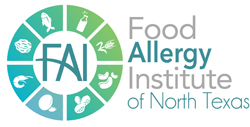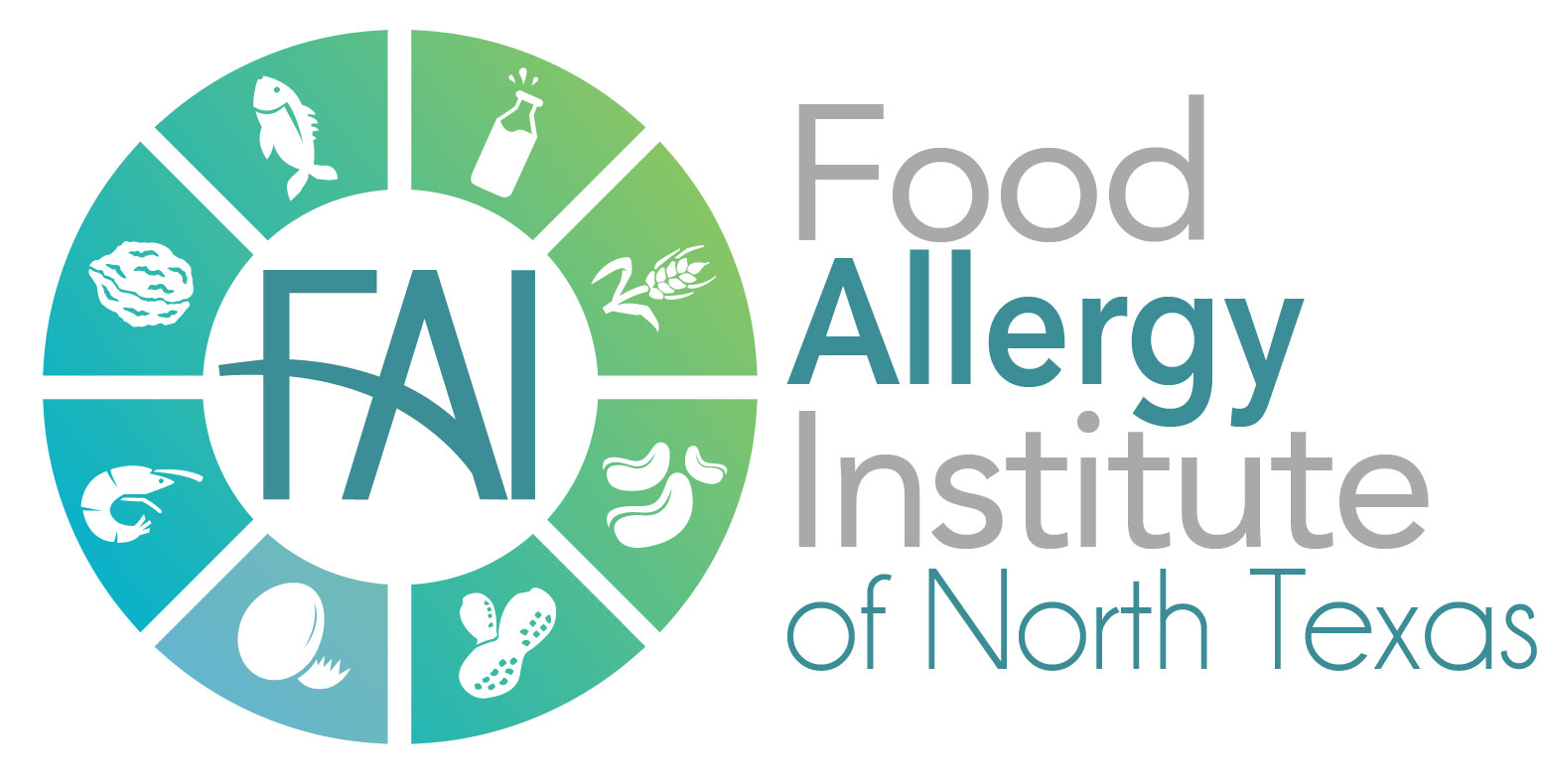20 May What is EoE?
May 15-21 is National Eosinophilic Awareness Week. In honor of the week, read on for more information about EoE.
What is it?
Eosinophilic esophagitis (EoE) is a relatively newly diagnosed disease that is characterized by the accumulation of eosinophils (white blood cells) in the esophagus (tube connecting mouth to stomach) that persist despite acid-blocking medication. It is considered a chronic allergic inflammatory disease of the esophagus.
This accumulation may cause injury or inflammation to the esophagus, making eating difficult or uncomfortable. It is often overlooked by physicians and family members and can be mistaken as GERD (gastroesophageal reflux disease). Behavioral issues, such as: eating too quickly or not chewing food well enough, are also commonly implicated when such is not the case.
Common Symptoms:
-Reflux that does not respond to medication
-Difficulty swallowing
-Food that gets stuck in the esophagus (food impaction)
-Nausea and vomiting
-Heartburn
-Failure to thrive (poor growth, malnutrition, weight loss)
-Abdominal or chest pain
-Feeding refusal/poor appetite
-Difficulty sleeping due to chest or abdominal pain
What are the Causes?
Although the exact cause is unknown, EoE is suspected to be an immune response to specific foods in one’s diet. Many individuals with EoE also have: food allergies, rhinitis, asthma, and eczema. There is a higher incidence in males and it is estimated to affect 1 in every 2,000 people. There may be an inherited tendency to develop EoE.
How is it Diagnosed?
A careful history will be taken by a gastroenterologist or allergist and other conditions that mimic EoE should be ruled out. If acid blockers do not relieve symptoms, after 2 months of treatment, doctors will perform an upper endoscopy (EGD) and biopsy to assess damage.
How is EoE treated?
Treatment often involves diet management and/or medication. Depending on diet history and allergy testing, diet may involve one of the following approaches:
-Targeted elimination diet
-Empiric food elimination diet
-Elemental diet
-Food trial
What is the prognosis?
Although EoE is considered a chronic disease that requires monitoring and management, there is no data to suggest an increased cancer risk with this condition. Elimination of specific foods, as identified through various dietary protocols, will be necessary for symptom relief.


